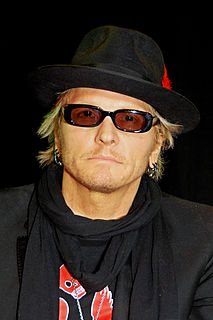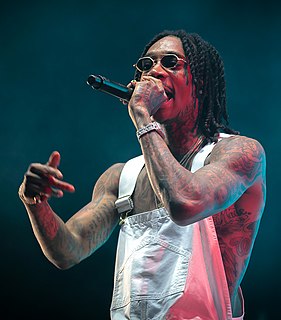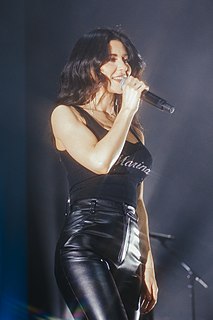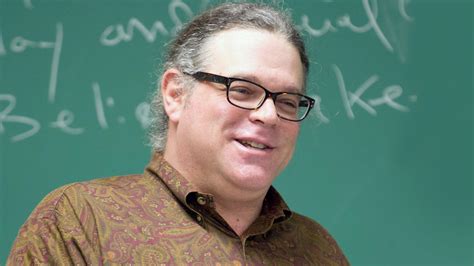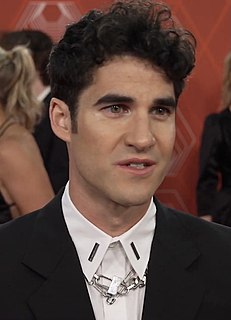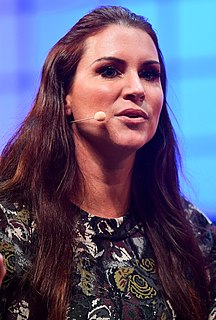A Quote by Jon Batiste
In a live performance, it's a collaboration with the audience; you ride the ebb and flow of the crowd's energy. On television, you don't have that.
Related Quotes
Consider the ebb and flow of the tide. When waves come to strike the shore, they crest and fall, creating a sound. Your breath should follow the same pattern, absorbing the entire universe in your belly with each inhalation. Know that we all have access to four treasures: the energy of the sun and moon, the breath of heaven, the breath of earth, and the ebb and flow of the tide.
Through performance, I found the possibility of establishing a dialogue with the audience through an exchange of energy, which tended to transform the energy itself. I could not produce a single work without the presence of the audience, because the audience gave me the energy to be able, through a specific action, to assimilate it and return it, to create a genuine field of energy.
To move from a discussion of the early relationship between theatre and television to an examination of the current situation of live performance is to confront the irony that whereas television initially sought to replicate and, implicitly, to replace live theatre, live performance itself has developed since that time toward the replication of the discourse of mediatization.
We have so little faith in the ebb and flow of life, of love, of relationships. We leap at the flow of time and resist in terror its ebb. We are afraid it will never return. We insist on permanency, on duration, on continuity; when the only continuity possible in life, as in love, is in growth, in fluidity - in freedom.
No matter what, I will always prefer a live performance. Whether it be a play or a musical, or playing music live. As long as it's live, it's the best because there's sort of an immediacy to connection between an audience and a performer, whereas where you do film or television, you're at the whim of so many different forces.
Part of the pleasure of giving a reading comes from the rapport between the audience and the poet. I don't want to get mystical here, but there's an energy flow that begins with the poet, and the energy goes out to the audience, and they're energized, and then they return that energy to the poet. As someone standing up there alone, facing these people, I can feel that rapport (or its absence).
I like the adrenaline of live performance, whatever that is, appearing in front of an audience of any kind, whether it's one or a hundred or a thousand. It gives you a buzz of adrenaline, its exciting. The thing about that is that you want to make those nerves work for you in terms of an energy that's appropriate for the part and the performance, and not to distract the people who are watching so that they become nervous for you.


